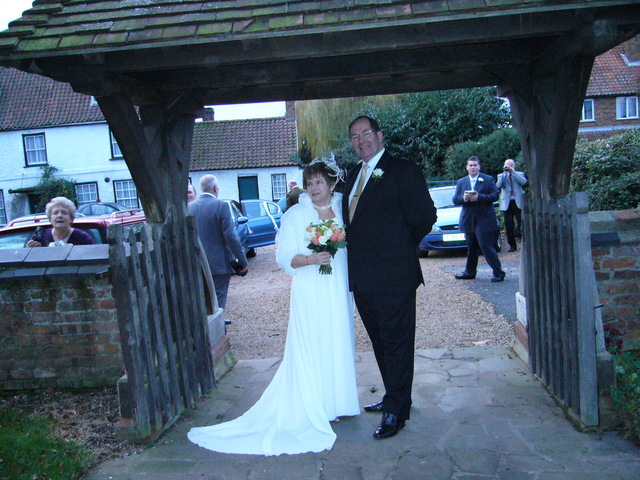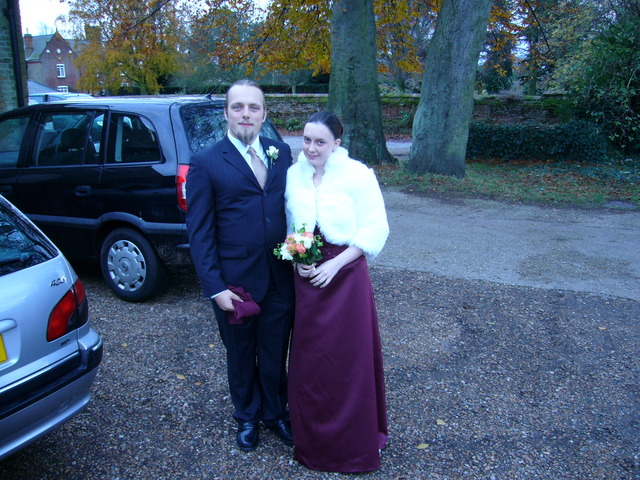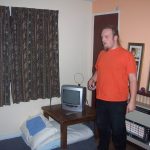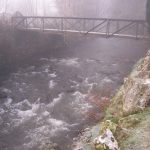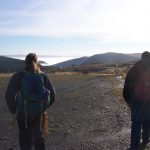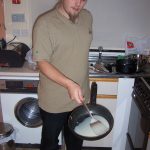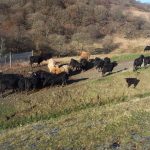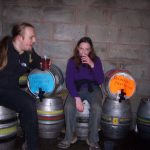What follows is a true account of my dealings with ALP, a property management and lettings agency in Aberystwyth.
READERS ARE REMINDED THAT THIS POST CONSTITUTES THE OPINIONS AND INTERPRETATIONS ONLY OF THE AUTHOR, AND THESE ARE NOT TO BE TAKEN AS REFLECTIVE OF THE OPINIONS OF ANY OTHER
PERSON. (since this blogpost, ALP have phoned me)
Like many of you, I’d heard the horror stories about ALP, the property management/letting agency at the roundabout at the end of Alexandra
Terrace, in Aberystwyth. A friend of mine reports that while he rented part of a shared house with them, an agent would frequently let himself in and refuse to leave until due rent was
paid in cash. I’ve also heard reports of them witholding deposits without cause (until taked to court to reclaim them), among other atrocities.
But perhaps that’s just the way they treat the tenants of the ‘student houses’ they let out. Or perhaps these are isolated cases. In any case, they can’t be that bad. There’s
certainly no harm in viewing a property they manage, is there? So Claire and I thought…
At half past nine we met up with ALP’s agent at their offices, and he took us out to see the flat we’d expressed an interest in: a third-and-fourth floor two-bedroomed flat on Albert
Place, opposite the council offices. The agent unlocked the door and led us upstairs, where the usual tour began: this is the main bedroom, this is the bathroom, blah blah blah. We got
to the door to the living room, on the upper floor. The agent tried to open it, but only got it ajar before it jammed against something. The agent put on a pleasant tone: “I’ve just got
some tenants I’d like to show around,” he called in.
“Why don’t you come back at the agreed time, 2pm?” came the response: slightly shaky, slightly rehearsed. The agent pretended not to hear him.
“I said I’ve got some tenants to show around,” he repeated, pushing the door a little further. Through the crack, I could see that the tenant had wedged a chair against the door handle
and retreated to the opposite corner of the room.
“Why don’t you come back at the agreed time, 2pm?” the tenant answered again. So this was a rehearsed response.
The agent pretended to the tenant that he hadn’t heard him, and continued to jiggle the door handle to try to dislodge the chair. He turned to us and imitated the tenant’s words in a
mocking mime. The tenant repeated his message, adding, “You said you’d only bring people after 2pm.”
The agent made his little performance again, showing us what he thought of the tenant’s concerns. Then, having moved the door enough to get his hand around it, he manuevered the chair
carefully out of the way and entered.
I needn’t even discuss the legality of what he did. We were sufficiently disgusted with the attitude towards tenants to not even consider renting property from ALP. As we left, the
agent tried to belittle the problems with the tenant, implying that he was paranoid delusional. Whether or not this is the case is completely irrelevant, of course, to the fact that the
agent unlawfully entered the home of a tenant, and, when asked to leave, continued to force entry, thereby technically being a tresspasser. God knows how intimidated the tenant feels by
them to resort to trying to barricade the doors of their own home.
I’ve not sure I’ve ever been so disgusted by the actions of a company disregarding it’s customers’ rights. Sony’s rootkit‘s got nothing on ALP.
